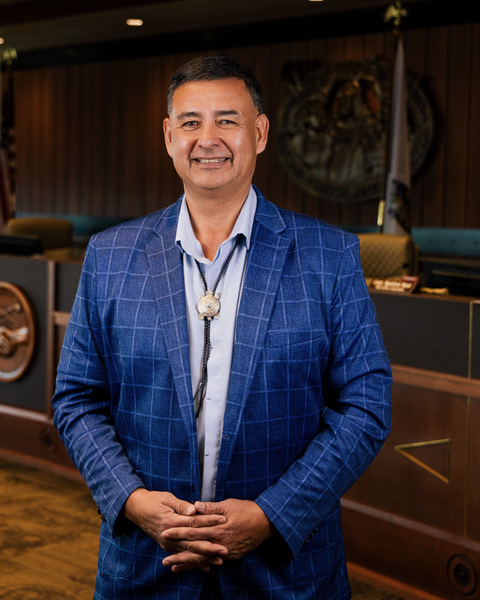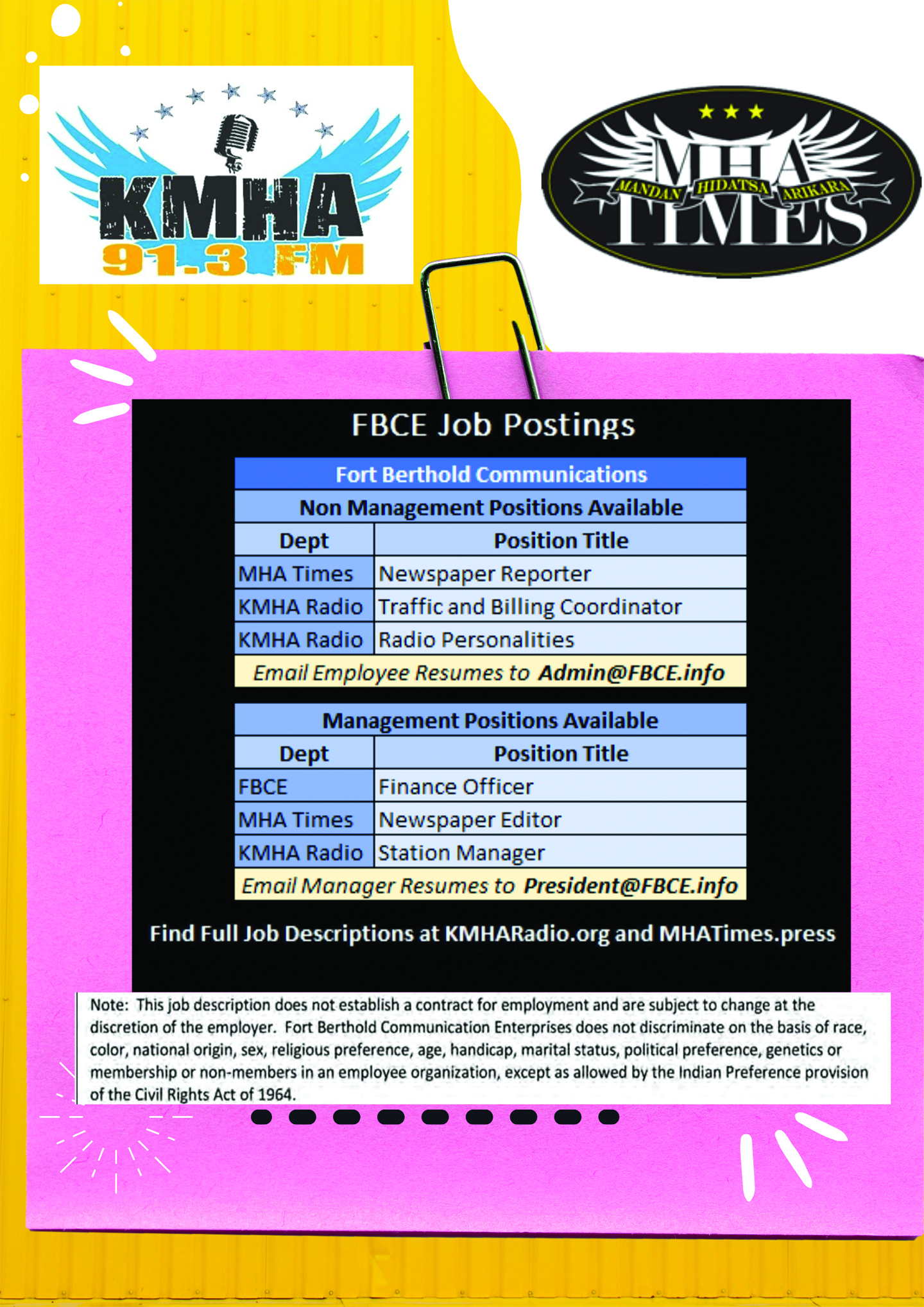Affordable insulin bill fails in North Dakota Senate Senate Bill 2183 failed 21-26 after a lengthy debate on the Senate floor Feb. 22 By Dylan Sherman, NDNAEF BISMARCK — After passionate debate, a proposal to cap insulin costs for some North Dakotans failed by a margin of 21-26 on Feb. 22. Senate Bill 2183 would have capped...
Menu



